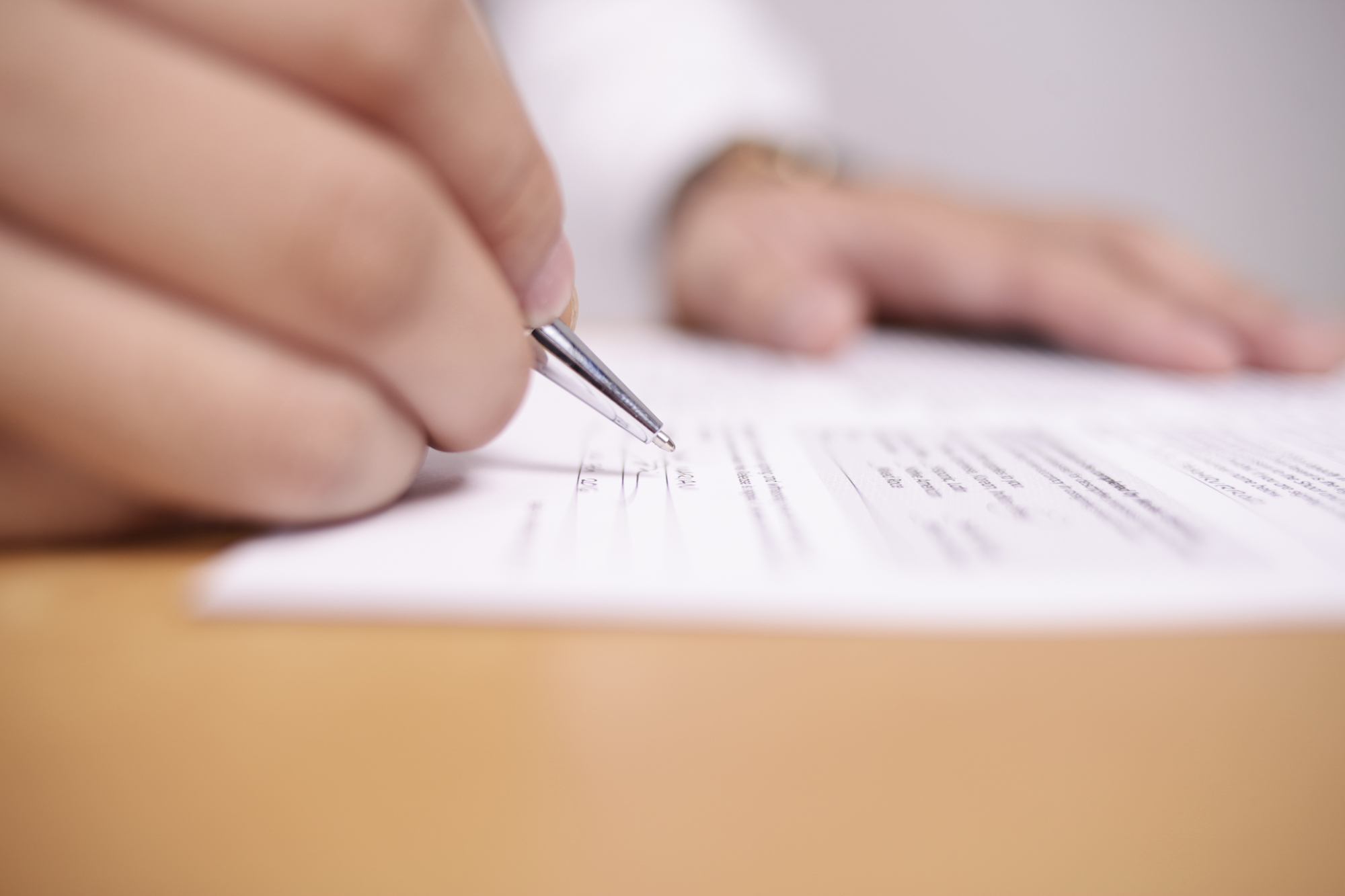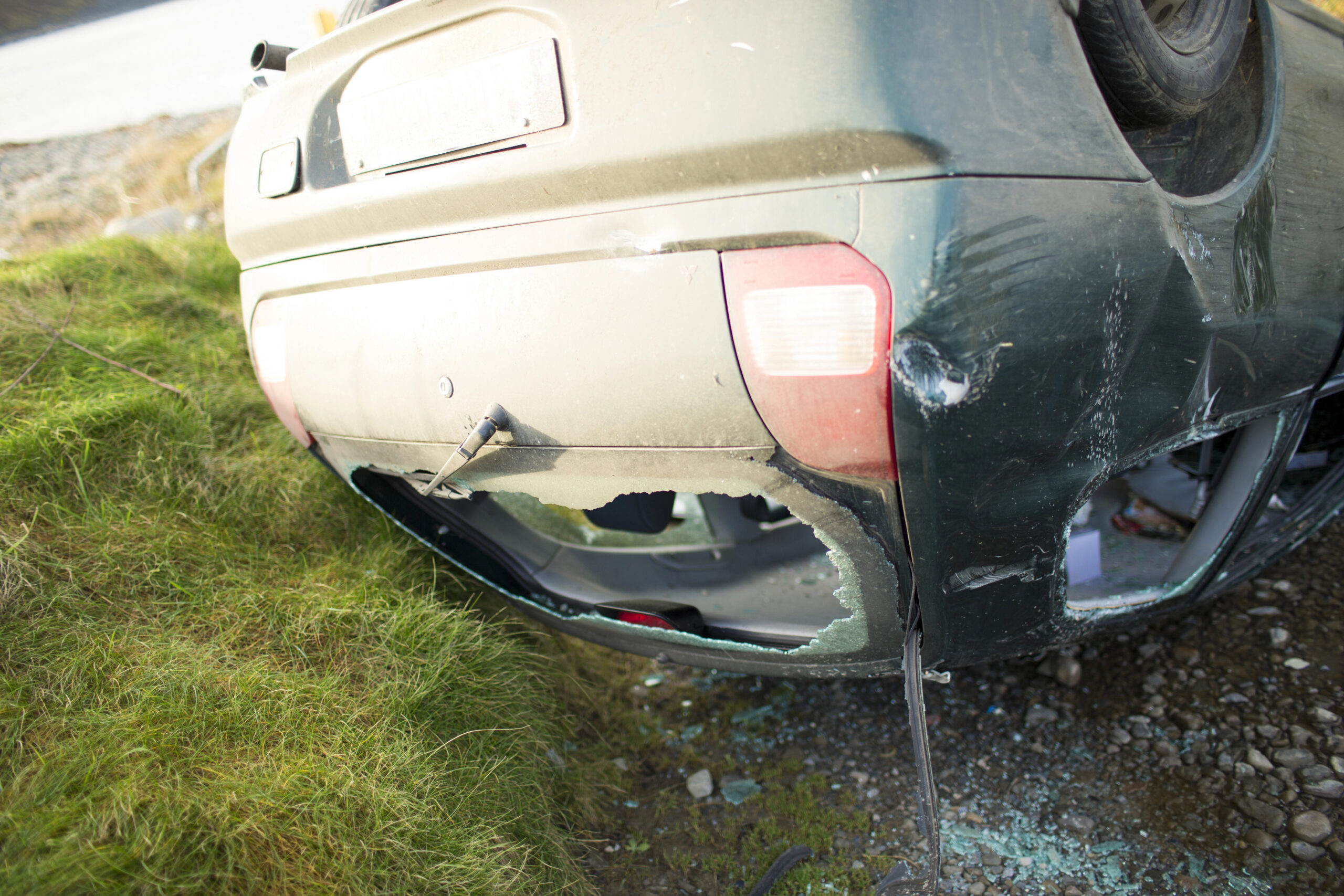Lawyers who specialise in medical negligence claims receive many enquiries about unexpected outcomes arising from medical treatment. However, not every unexpected outcome is the result of negligence. Have you had poor medical treatment? Check your rights below.
Negligence
- Duty of Care
The health care provider (such as a GP in a medical centre, a nurse in a public hospital setting or a private specialist) owes the patient a duty to exercise reasonable care and skill in the provision of professional advice and treatment.
- Breach
There must have been a breach of the duty of care. Expert medical evidence will be required to set out what reasonable and appropriate steps should have been taken by the health care provider given the risk of harm and the particular circumstances of the case. Under the NSW Civil Liability Act 2002 a health care provider does not incur a liability for negligence if they acted in a manner that at the time was widely accepted in Australia by peer professional opinion as competent professional practice.
- Causation
It must be proven that the breach caused, or materially contribute to a difference in the outcome for the patient?
- Loss or damage
There must have been loss or damage suffered as a result of the breach of duty of care.
Expert Liability Evidence
Medical expert reports (called liability reports) must be obtained in support of a professional/medical negligence action. All of the elements of negligence must be established if a claimant is to succeed with their case.
What Happens with the Claim
The first step when considering whether a claimant may have rights to compensation is to obtain a complete history from the client, so that a fair assessment can be made of the relevant issues and whether there is the potential for the elements of negligence to be made out.
The claim then proceeds through an investigative process, during which medical records are obtained and reviewed, comprehensive statements are taken, a detailed Chronology is prepared, and careful consideration given to the appropriate liability expert to be engaged.
Assuming the existence of a duty of care is not contentious, if supportive expert evidence is obtained with respect to breach and causation (elements 2 and 3 above), then a case can be commenced in Court.
The next step is to obtain expert evidence with respect to the extent of loss or damage that the claimant has suffered, to determine the nature and amount of compensation that they may be entitled to claim. This is known as assessing the quantum of the claim.
Once the legal representatives of the Claimant and the Health Care professional have obtained all their liability and quantum evidence, then the parties will usually meet for an informal settlement conference or mediation to attempt to resolve the matter. If the case cannot be settled, it will proceed to a Court hearing in which a single judge will make the decision.










